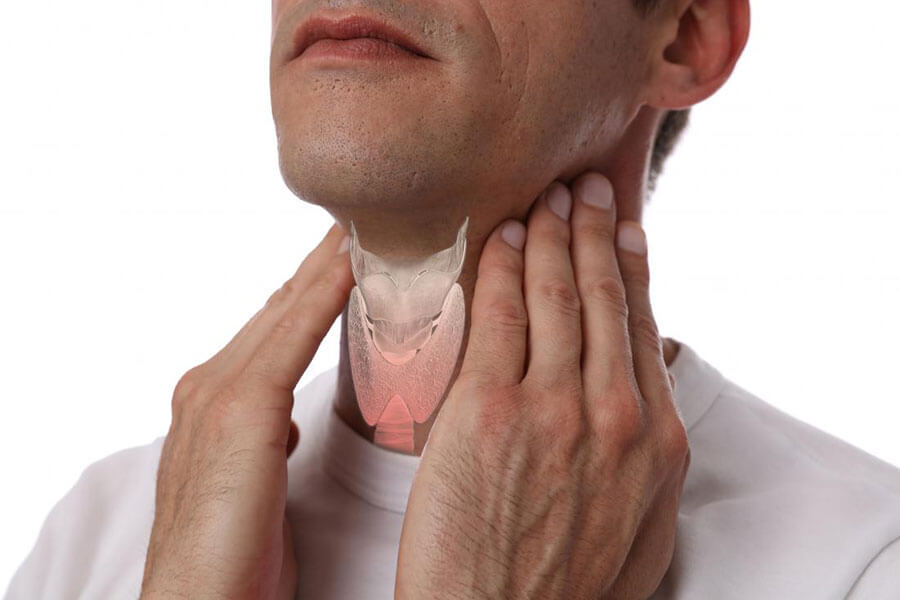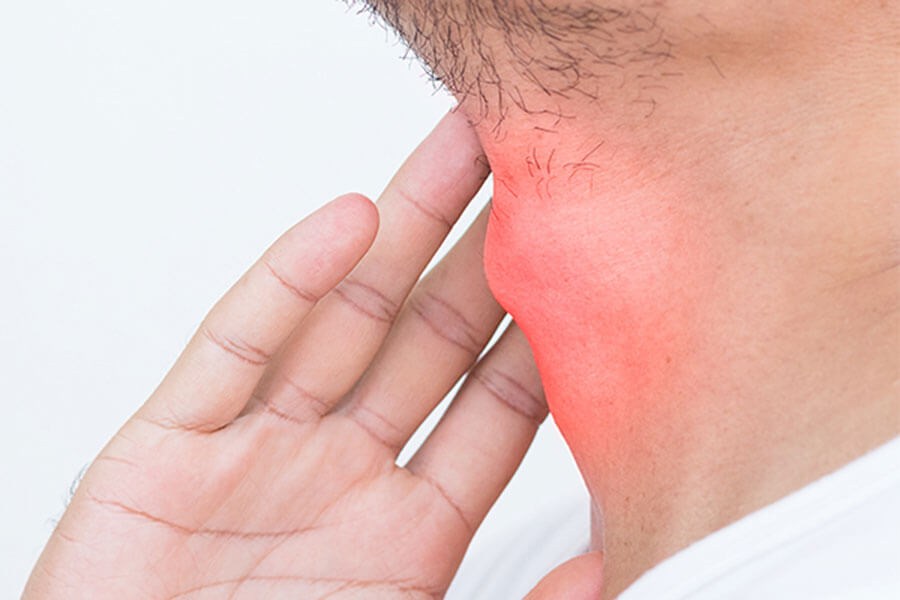
What is hypothyroidism?
In this case, the thyroid gland becomes insufficient, meaning it is no longer able to produce enough thyroid hormones. About 2 out of every 100 people have hypothyroidism. However, milder degrees of hypothyroidism are more common.
If hypothyroidism is not treated, it usually gets worse and more complaints. In a few cases, life-threatening complications such as heart failure and coma are seen. Hypothyroidism can be diagnosed and easily treated with a blood test.
Dr. Afrozeh: The best specialist in the treatment of thyroid diseases
What causes hyperthyroidism or hypothyroidism?
Several factors can cause hypothyroidism or hyperthyroidism. The following factors are among the most prominent:
- Hashimoto’s disease
- Problems in the pituitary gland
- Graves’ disease
- Overproduction of hormones in the thyroid
- Formation of large masses and exacerbation of goiter
Common symptoms of thyroid disease include:
Symptoms of this disease include the following:
- Fatigue
- Weakness
- Weight gain or loss
- Coarse and dry hair
- Depression
- Constipation
Treatment of hypothyroidism
If you are diagnosed with hypothyroidism, the first thing your doctor will do is prescribe thyroid hormones, which you will receive in pill form.
Using these pills creates a visible effect over several weeks.
This treatment increases energy, lowers cholesterol and reduces weight in the long run. Most people with hypothyroidism should take these pills for the rest of their lives.

Treatment of hyperthyroidism
The most common treatment for hyperthyroidism is antithyroid drugs, which reduce the hormones produced by the thyroid. Hyperthyroidism may eventually go away, but most people with the condition will need to take medication for a long time.
Other medications may reduce the pulse and vibration. Another option is radioactive, which destroys the thyroid gland within 6 to 18 weeks.
After the thyroid gland is removed or surgically removed, the patient should take thyroid hormone pills.
Removal of the thyroid gland solves the problem of hyperthyroidism. This method is recommended only when the drugs do not work or this problem has caused a large goiter.
Surgery is also recommended for some patients who have a lump in their thyroid. It is clear that after thyroid removal, the patient needs thyroid hormones to avoid the symptoms of hypothyroidism.


